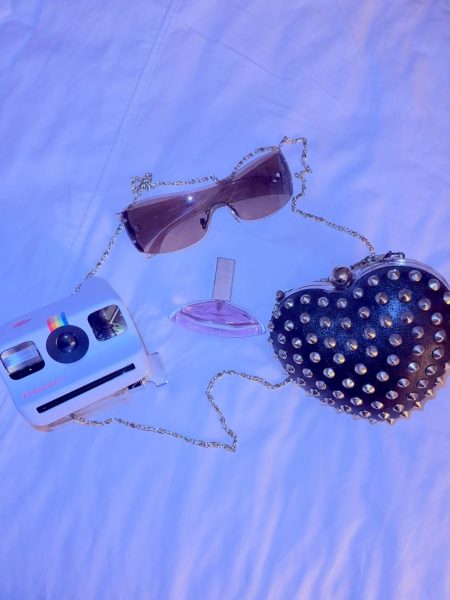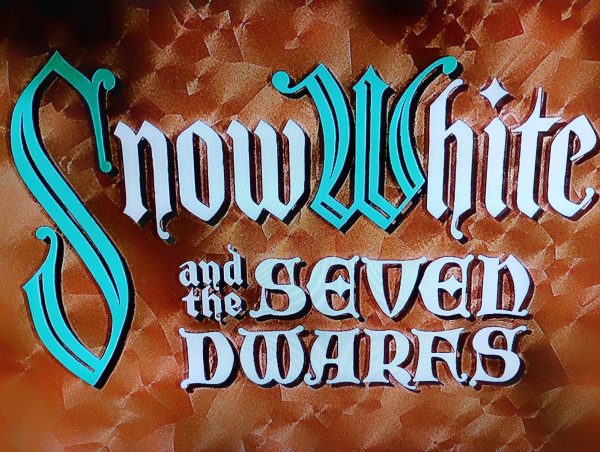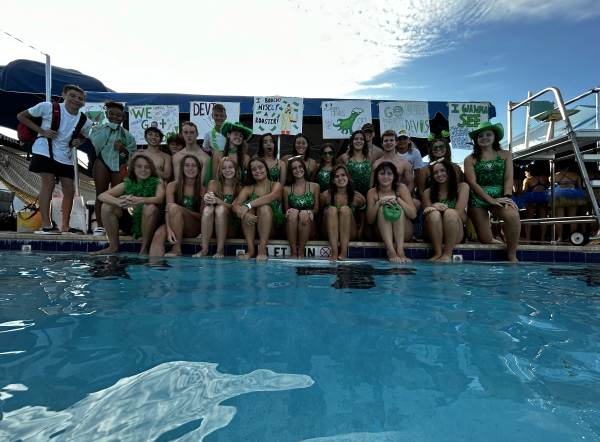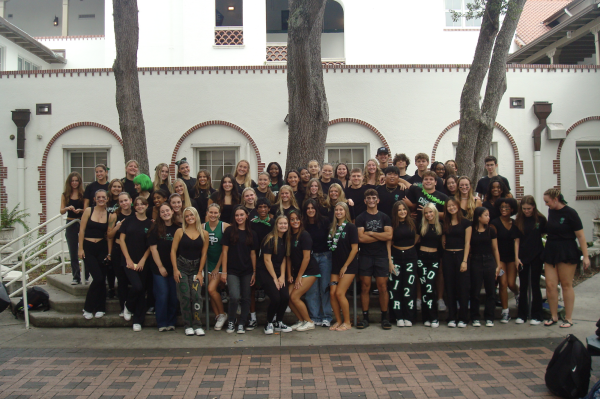You Always Remember Your First, but Rarely the Second: Why most sequels are destined for failure
The Sundial AMC movie theater.
Scream (1996) said it best, “sequels suck!” But do they all suck? We’ve all seen a film that had us grasped in its universe, a film that’s essence lingers in our minds for weeks. However, the movie’s sequel left us with no such feeling and only served as a reminder that the original can never be recreated. It left us satisfied with its mediocrity but ultimately disappointed. It’s hard to follow up a praised movie without taking away some of the magic, but some directors took on the challenge and defied the sequel stereotype. Not only did they capture the essence of the original, but they made an even more unforgettable experience, leaving us to wonder how they did it. I am here to expose their secret and explain why sequels rarely surpass the original and how some movies became the exception.
So, why do most sequels end up disappointing us? Why is it so challenging to create a sequel that compares to the original? To answer this question, I suggest looking back at what makes a great movie memorable. Foremost, it’s a unique and fresh idea. An idea that excites us and leaves us eager to watch the intricate work unveil in front of us. So when it is time to make a sequel, we are left without a new and original idea. Because of this, directors take the original plot and simply change enough minor aspects to the point where it becomes a different film, leaving the film repetitive and uninspired.
Let’s take Jaws (1975), for example. The thrilling blockbuster received three Oscars and was the first movie to gross over $100 million at the box office. However, the sequel to this widely popular film did not receive the same level of praise and became (yet again) another disappointing sequel. Jaws 2 (1978) scored a 38% audience score on Rotten Tomatoes, while the original scored a remarkable 90%. What went wrong? The sequel followed an identical plot to the first movie but presented the characters with a different shark.
Furthermore, a memorable movie features a loveable cast. Some classic films replace their iconic cast with an entirely new one for the sequel, leaving the audience at a loss for the people they’ve grown to know and love. Grease 2 (1982) replaced the iconic Olivia Newton-John and John Travolta with two completely different actors. The loveable duo made Grease (1978) what it is today. Without them, the sequel scored a low 53% on Rotten Tomatoes compared to the original’s score of 87%. The destiny of a sequel is failure without a new idea and the beloved cast.
Now that we’ve discussed what makes a sequel fail, we can examine how to be the exception. How do some sequels not only become successful and manage to surpass the original? When the director makes a sequel, they often have no new or original ideas. To correct this issue, directors can utilize the original idea and build upon that. Instead of creating a new film with an identical plot, they can build upon the original movie and further develop the character arcs and standing plot.
The Dark Knight (2008) became the highest-grossing superhero movie of all time and landed at number three on IMDb’s Top 250 Movies list. Instead of replicating the same plot as the original, Batman Begins (2005), the sequel features Batman facing a whole new world of chaos that forces his character to question his abilities and his morals. These developments progressed Batman’s character development which continues to build throughout the franchise. These choices, along with the introduction of the Joker, are the reasons the film became known as one of the greatest superhero movies. When sequels advance and build upon the original by introducing exciting new elements, they have a high chance of becoming remarkable films.
Ultimately, we all strive as an audience to be amazed and impacted by a film; we strive to satisfy our seemingly ever-lasting excitement caused by cinema. Not all films can achieve this, which is why the ones that do are so memorable. Altogether, it is in our best interest to be as unique as can be, or we risk ending up with another disappointing version of something or someone else.












